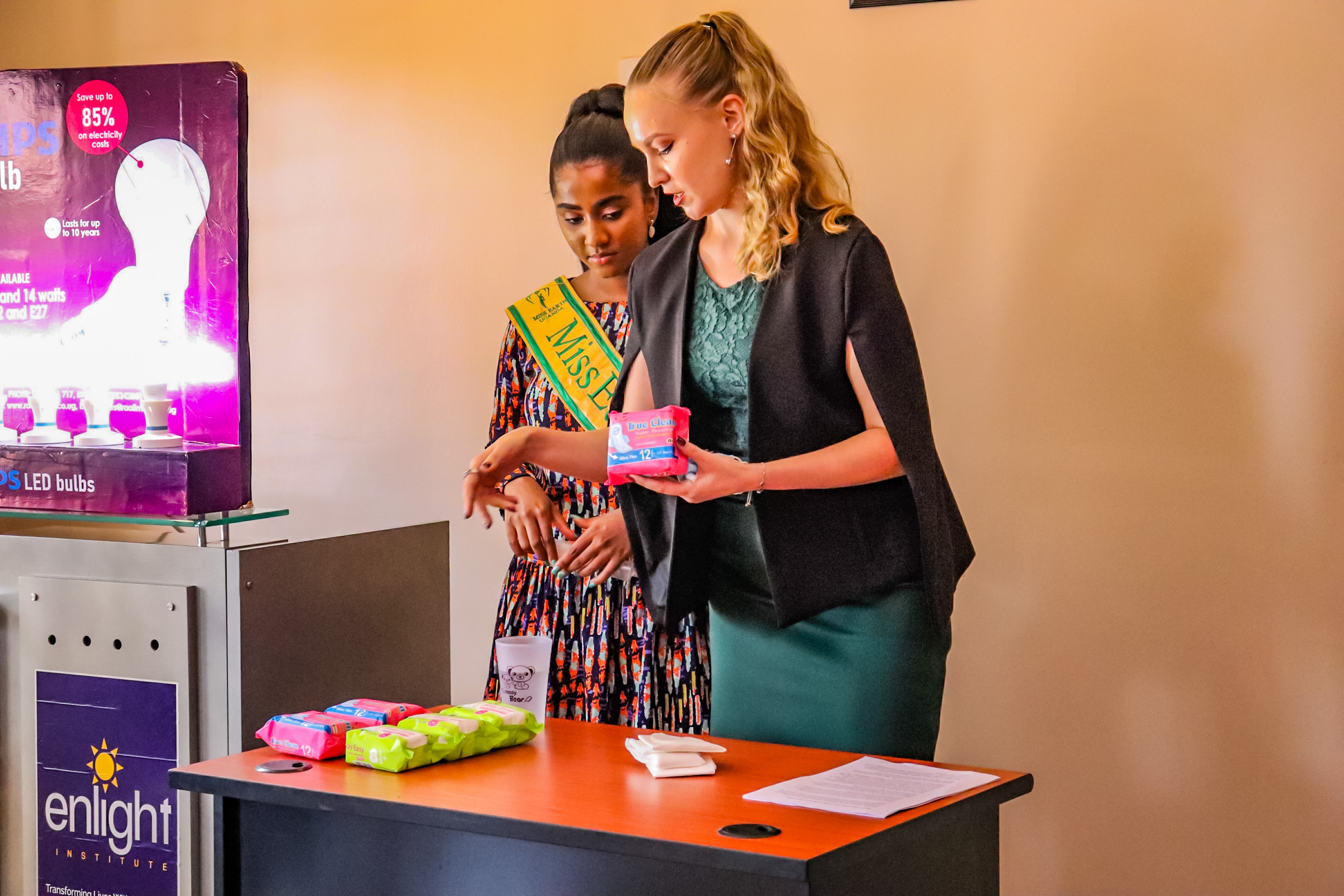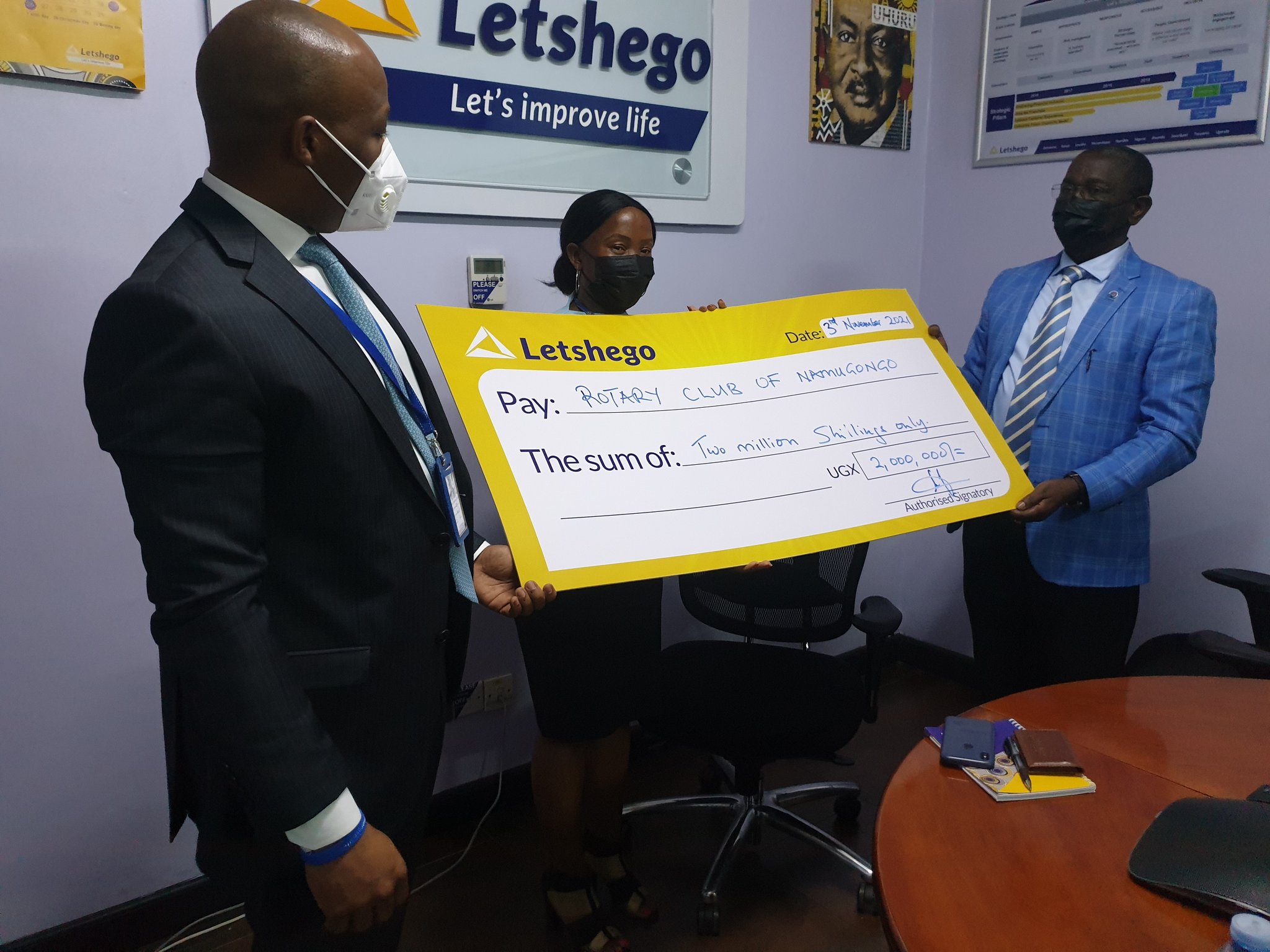Data-Driven Whitepaper Launched for Health Policymaking Across the Region
- Whitepaper identifies gender inequality and closer regional collaboration as part of four key areas of focus
- 40% of research survey respondents cited prioritisation of primary education as a priority to improve gender equality in Africa
- The continent’s large youth population should take advantage of innovative technology to transform healthcare systems
As part of its continued commitment to creating new, sustainable health systems, today the FutureProofing Healthcare Index (FPHI) launched its newest whitepaper, a best practice document that focuses on solutions and policy actions to prepare African health systems for the future.
The FPHI whitepaper is a result of data collected as part of the Africa Sustainability Index – a policy tool that measures the current status of health systems across the continent.
Led by a panel of independent African health experts, this research outlines proposed policy recommendations and highlights important actors and key areas of focus.
“Existing data has consistently indicated that most healthcare systems across the continent are underfunded and short-staffed.
Taking this into consideration, the whitepaper aims to address how systems can be adapted and adjusted for sustainable improvement,” said Dr Githinji Gitahi, CEO of Amref and one of the Africa Sustainability Index panellists.
“It will enable various health stakeholders to move forward constructively and efficiently, to create a more sustainable future for African healthcare and drive us closer to Universal Health Coverage (UHC).”
UHC means that a patient anywhere can access essential, high-quality health services without facing socio-economic hardship.
The World Health Organisation (WHO) has placed a prominent focus on the drive towards UHC, outlining a path for countries to follow as a guide to this important transition.
UHC is also part of the United Nations’ Sustainable Development Goals, providing the blueprint to achieve a better and more sustainable future across the globe. The whitepaper details a series of actions that could be taken and best practice examples from across Africa in achieving this transformation.
Dr Gitahi said the COVID-19 pandemic has caused further strain to health systems across the globe, though exacerbated in Africa, creating a critical need for the transition.
“As part of the FPHI Africa Sustainability Index, we have identified four key areas of action to drive UHC: closer regional collaboration, re-prioritising healthcare spending, technologies to improve healthcare delivery, and improving gender equality in healthcare.
The whitepaper provides an overview of why it matters, outlining practical policy action and best practice examples,” he said.
Closer regional collaboration to encourage innovation
Innovation is a fundamental driver in achieving UHC, but the Index showed that it is an area where Africa lags behind on a global scale. One of the issues identified is the disparity in healthcare personnel across the region.
Dr Saber Boutayeb, a Professor of Medical Oncology at the University of Rabat in Morocco and panellist for the Africa Sustainability Index, said: “It is only through regional collaboration that a true innovation ecosystem can be established across Africa.
The indexation of African peer-reviewed scientific journals in international databases could go a long way in creating that ecosystem. Many other great examples exist on the continent that can be adopted by other countries.”
Southern Africa has been identified as a continental leader in this area and referenced as a case of best practice in regional collaboration.
Inter-governmental organisations have come together to establish regional value chains to support the industrialisation of the pharmaceutical industry.
According to the whitepaper, the following recommendations can help achieve innovation through regional collaborations: regional research clusters; Public-Private Partnerships (PPPs); and sharing data across borders.
Furthering gender equality through healthcare systems
The Index shows differences across the continent in health status between men and women.
Access to reproductive healthcare and family planning is lagging in many African countries, meaning young African women are often the most affected by limited healthcare systems.
Dr Glenda Gray, President and CEO of the South African Medical Research Council and part of the Africa Sustainability Index, explained that young African women are often not prioritised to receive even primary education.
The Index results show adult literacy is generally higher among men than women. “Health experts believe that elevating women to leadership roles in the medical sector could be a solution to close the gender gap in healthcare,” she added.
Data-driven interventions are also crucial in creating systems that prioritise women. A systematic approach of gathering data about women’s health issues, such as teenage pregnancy, would provide information to inform policy change.
“Significant health progress has been made throughout the African continent. However, it still lags globally. The UN has a goal of achieving Universal Health Coverage (UHC) by 2030.
This is a measurable benchmark that countries can use as a guide for their health system reforms. The whitepaper was created to be a tool that health stakeholders and policymakers can utilise along this journey.
It is compiled through the guidance of African experts across various disciplines in the health industry, for their peers. We hope that it encourages the right people to keep advocating for improved healthcare for those who do not have the power to do it for themselves,” adds Dr Gitahi.
Using technology to speed up system-level changes and improve health delivery
The Africa Sustainability Index revealed variations throughout the content in access to and quality of healthcare services. Quality and access must be approached holistically to make a significant impact on UHC.
“Beyond developing appropriate policy solutions, a key remedy to national challenges will be putting technology at the heart of developing sustainable healthcare solutions.
Taking advantage of Africa’s massive and still growing mobile accessibility could bring healthcare to people directly,” said Seth Akumani, from the UN Development Program in Ghana and a panellist for the Index.
Recommended actions to use technology to improve health delivery are to make the implementation of strategic innovation policies an absolute priority; restructuring financial models to reduce patient costs; appointing regional – and national – level coordinators for eHealth and improving the policy and regulatory landscape.
In the research survey, 48% of respondents cited “using mobile and social networks to access healthcare” as the technology step needed to make the biggest sustainability impact.
Re-prioritise healthcare spending to address system gaps
“Financing is not always directly correlated with a positive performance on access or quality. The Index suggests there is sometimes little difference in how African countries finance their healthcare system.
However, similar approaches do not result in the same level of sustainability of healthcare systems,” said Olumide Okunola, World Bank Nigeria Health Specialist and Sustainability Index panellist.
Okunola said: “It is not simply about having more money flow into health institutions, but rather using it intelligently to improve quality overall. An increase in spending should be the norm, this can be boosted through forward-looking investments in preventative care across Africa.”
The Whitepaper outlines prevention efforts, national health commissions and sustainable political commitment as some of the recommendations to address systems gaps in healthcare spending.
The Africa Sustainability Index is available on futureproofinghealthcare.com.com and the most recent whitepaper is available at FPHI whitepaper.


















